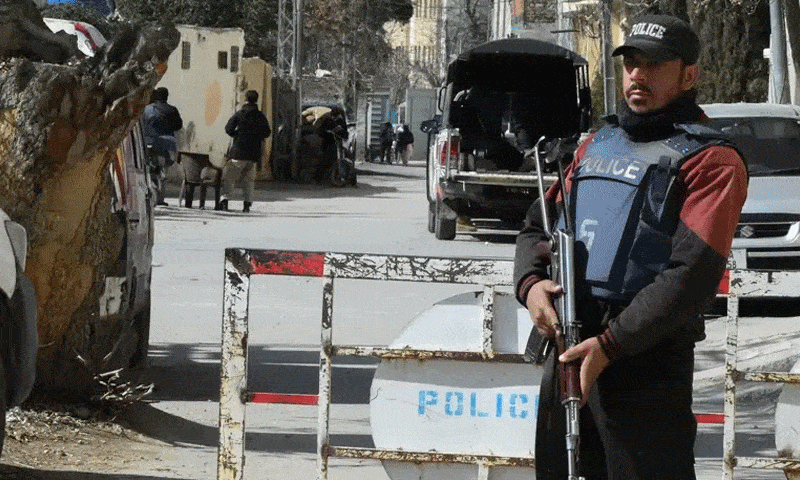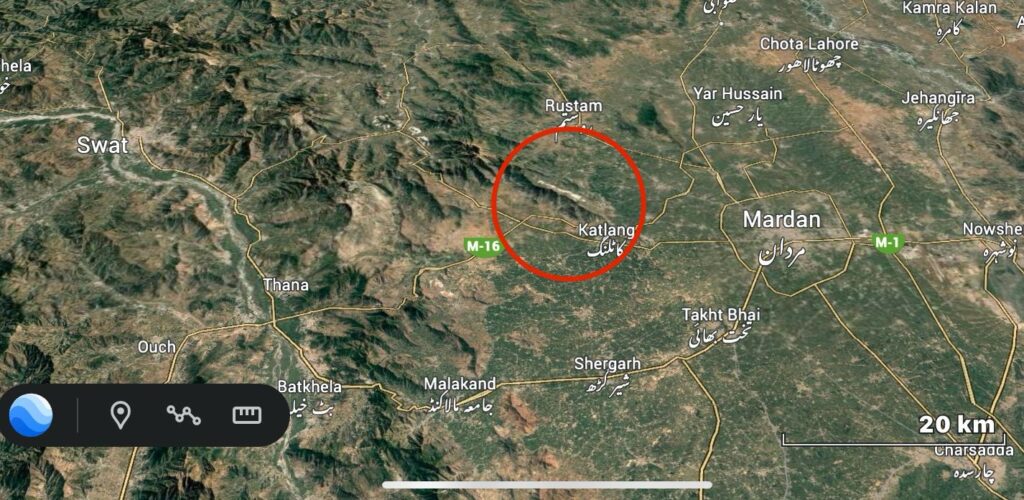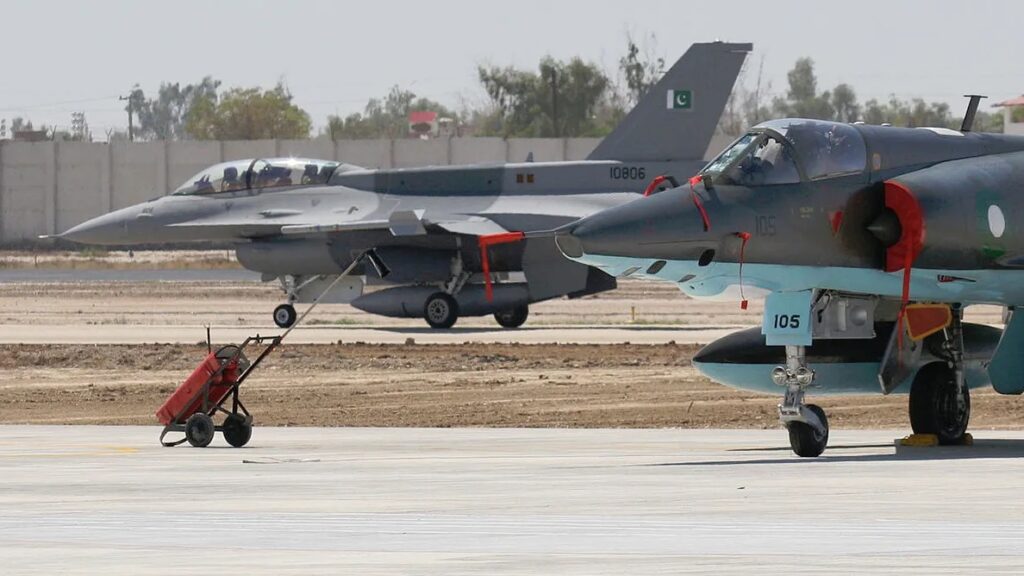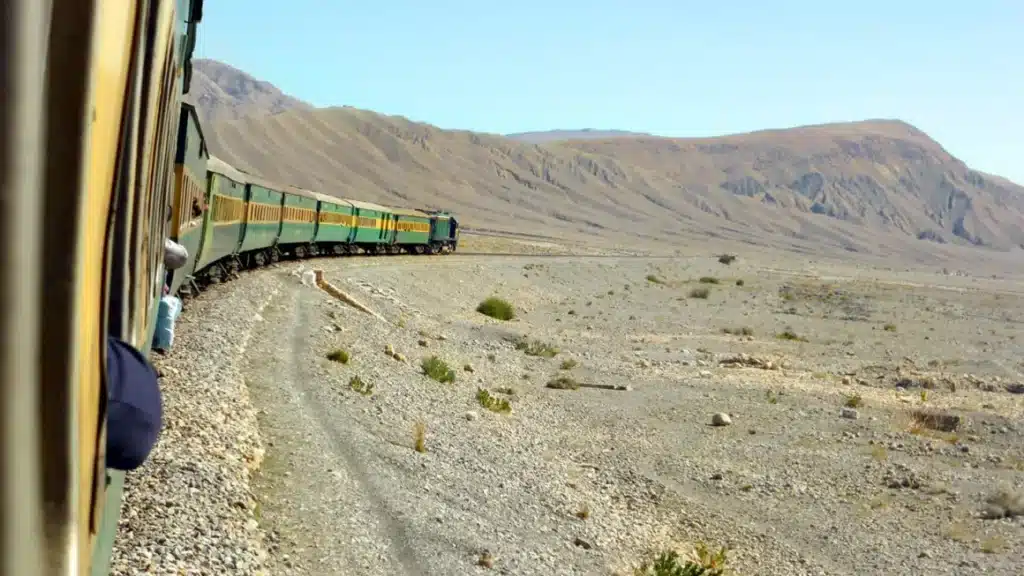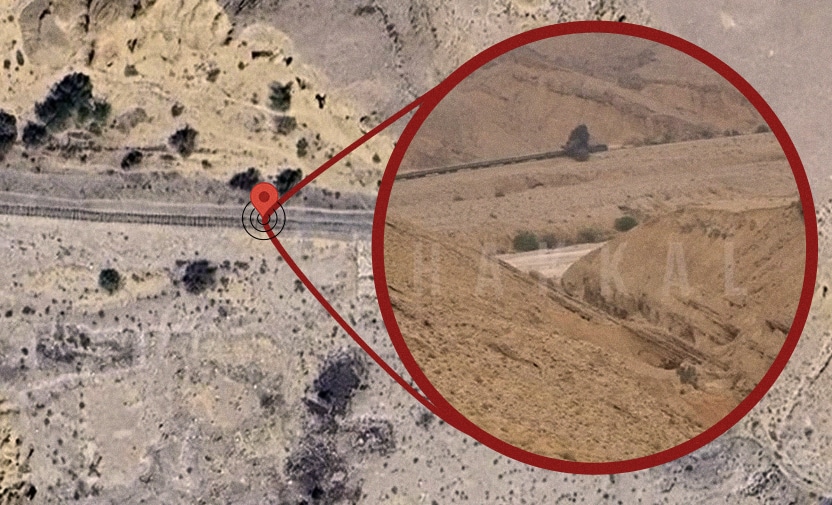QUETTA: Civilians targeted in Balochistan again with nine major attacks in September alone, leaving 32 people dead and 47 others injured across the province. Political gatherings, security forces, and ordinary citizens all came under direct assault in different districts.
The deadliest attack occurred on September 2 in Quetta, when a suicide bomber struck the main gate of Shahwani Stadium during a Balochistan National Party (Mengal) rally. The blast killed 15 people and injured 28 others.
On September 5, gunmen ambushed a security vehicle in the Mand area of Kech district, martyring two personnel. Ten days later, on September 15, an IED targeted another security forces vehicle in Turbat, killing five soldiers.
On September 17, two landmine explosions ripped through Dera Bugti, killing three civilians and wounding two. That same day, armed assailants stormed police and Levies stations in Sherani, Zhob district, killing one police officer, injuring two Levies personnel, and abducting another.
The violence continued on September 18, when an IED struck a security vehicle near the National Highway in Turbat, injuring eight personnel. Later that day, a powerful blast tore through a taxi stand in Chaman, killing six people and wounding several others.
On September 19, attackers hurled a grenade at the Khuzdar residence of PPP leader Agha Shakil, injuring six guards.
Reacting strongly, Balochistan Chief Minister Mir Sarfraz Bugti declared that terrorism, whether carried out in the name of religion or nationalism, has nothing to do with people’s rights or development. “The people of Balochistan stand united as a wall against terrorists and will never surrender,” he said, adding that those raising arms under the guise of nationalism or religion are advancing an anti-state agenda.
In response to the escalating threat, the provincial assembly recently passed an amended Anti-Terrorism and Forensic Science Bill. The legislation allows courts to conduct trials via video link, voice alteration, and protected witness identity, while employing advanced technology to shield judges, lawyers, and witnesses. A new authority, established in consultation with the Balochistan High Court Chief Justice, will oversee such cases.
Meanwhile, security forces have intensified intelligence-based operations across several districts, destroying suspected militant hideouts. Authorities have also suspended mobile phone services in sensitive areas to disrupt militant communications, though the move has created difficulties for civilians.
Also Read: Balochistan orders families to report, disown militants within 7 days
Analysts argue that while new laws and military operations demonstrate the government’s resolve, the persistence of terrorist attacks highlights deeper political and social challenges. Temporary measures such as legal amendments and communication blackouts may buy time, but sustainable peace requires public trust, political harmony, and development projects.
Balochistan’s current crisis underscores the urgent need for a dual strategy: combine force and law with grassroots initiatives that steer young people away from extremist networks by offering education, jobs, and opportunities. Without such efforts, analysts warn, violence could resurface in new and more dangerous forms.

